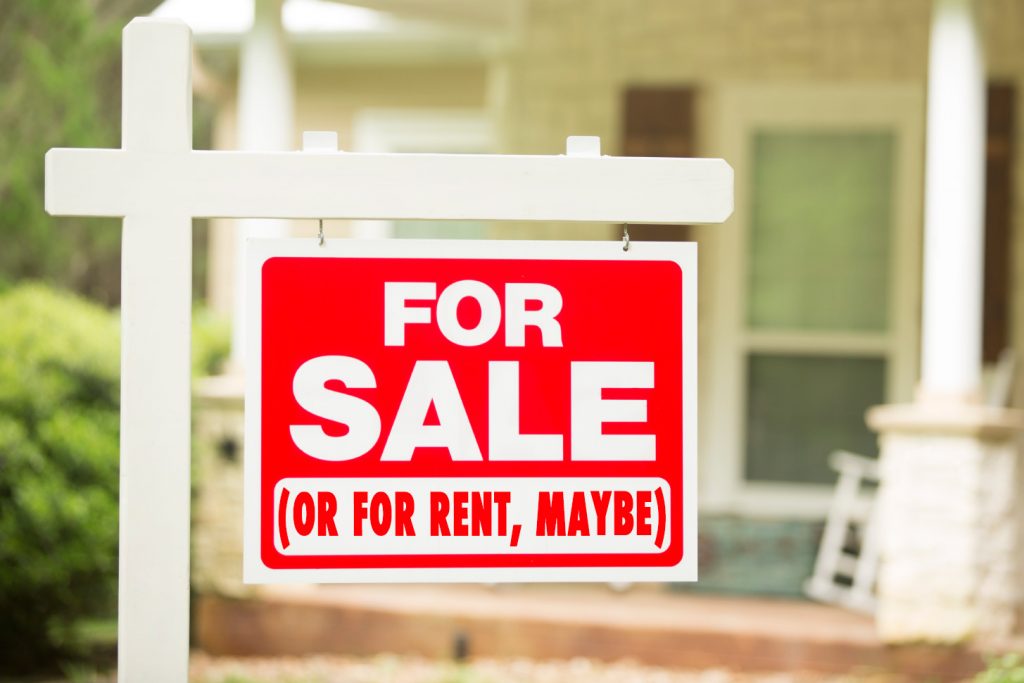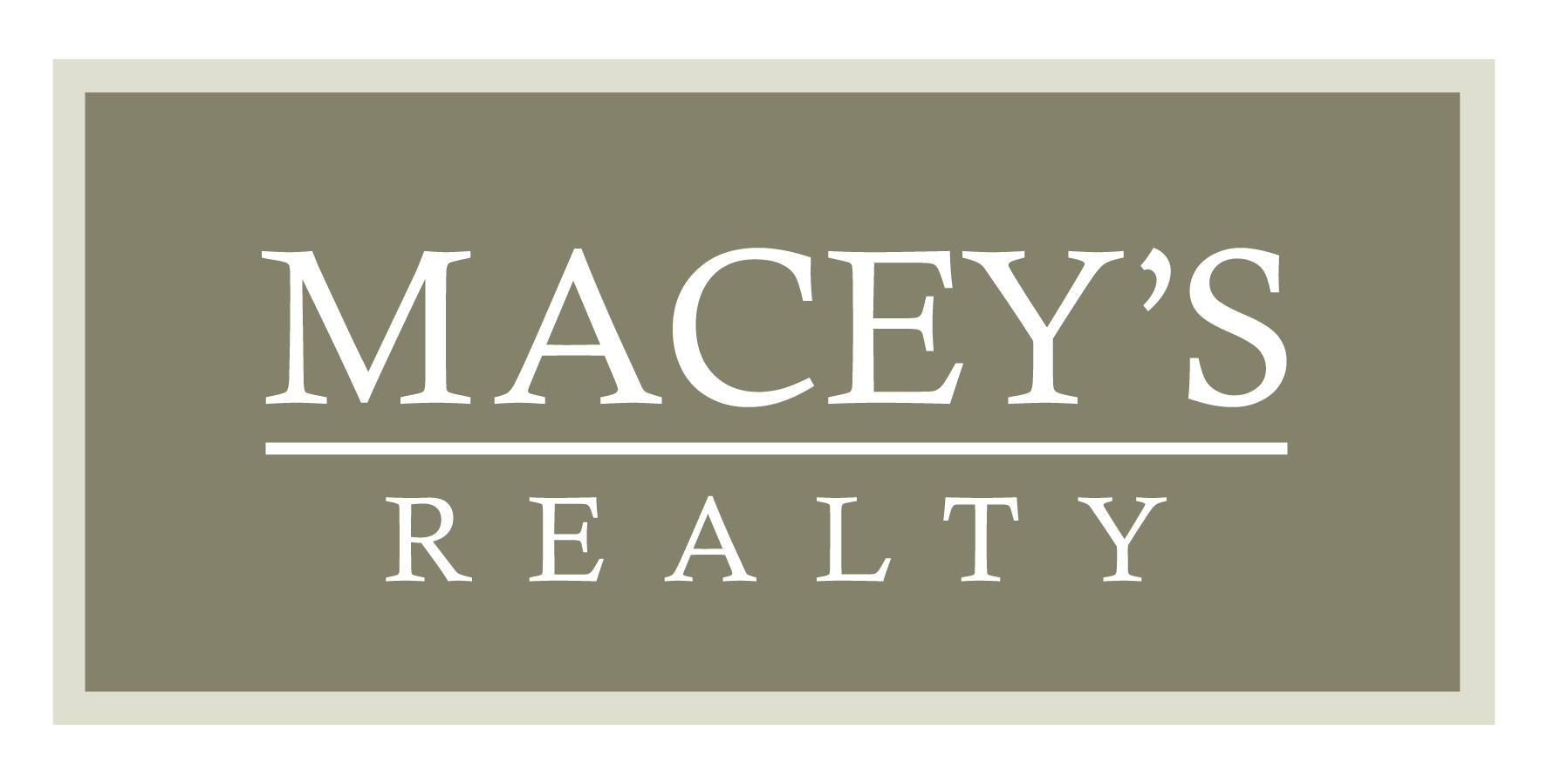
Many homeowners who need to move decide to sell their current home so they can have plenty of cash to buy their next digs. Still, though, some might wonder: Should I sell or rent out my house? It’s a good question.
Owning rental property, after all, brings in predictable, long-term income. But make no mistake, backing into a landlord role comes with some hefty responsibilities—and no small amount of headaches.
Here are some questions to ask yourself to help you decide which road is right for you.
Can you afford to own two homes?
“Financial wherewithal should be the No. 1 component as you weigh whether to hold on to the house,” says John Lazenby, president of the Orlando Regional Realtor® Association. Here’s what that means:
- First, consider whether you will need two mortgages, one for the new house you are (presumably) buying and one for the potential rental. If you have owned your home long enough, you may have enough equity that you can pay off the balance and be free and clear. If not, you’ll want to consult with a mortgage adviser to make sure you will qualify for a mortgage on both the rental and the home you’ll be living in.
- Do the math on the return on investment of a rental. Check into local rental rates and see if there is a viable tenant stream, says Koki Adasi, team leader and founder of Koki & Associates at Long & Foster in Washington, DC. If you are depending on the rental income to cover the mortgage on your new home, you’ll need to be able to charge enough to cover that and then some. After all, a rental comes with its own expenses—like maintenance, repairs, and, if you opt for it, property management. There also may be times the house sits empty between tenants. “If the total monthly amount that you need supersedes rental market value, you may end up taking a monthly loss,” Lazenby says.
- Also factor in potential tax benefits, advises Adasi. “Check into what costs you can write off, such as mortgage interest, property tax, operating expenses, depreciation, and repairs,” he says. In most states these expenses are tax write-offs; you also might be able to deduct fees associated with running the rental, including property management, attorneys, and cleaning services.
Will your old property appreciate?
Market conditions should weigh heavily in your decision as well.
- “If you purchased the home at a good price and its value is rising steadily, you may want to hang on to it and accept any potential monthly loss in exchange for keeping your investment,” Lazenby says. You also might want to keep the home if you’ve recently purchased it and it has not yet increased enough in value to cover costs associated with selling, such as closing costs, transfer taxes, and other fees, says Adasi.
- Look into comparable values in the neighborhood to evaluate the long-term outlook. Determine whether trends are pointing toward it being an up-and-coming locale or one on the decline. Although it’s impossible to predict the future, those types of evaluations can help you determine if the property is likely to rise or fall in market value.
- And, consider the “opportunity cost.” Evaluate whether you would potentially make more investing that money elsewhere, such as in the stock market or other retirement vehicle.
Can you effectively oversee the rental?
Being a landlord isn’t for everyone, points out Lazenby. “Ask yourself if you will be able to tolerate the stress that comes with being responsible for the home you’re living in, as well as a rental, particularly if it is long-distance.”
And before you become a landlord, you need to conduct your due diligence: A decent amount of upfront research is needed on the licensing and other laws that pertain to rentals in your city, county, and state.
Will you ever want to return to your home, sweet home?
If you’re relocating, either for work or personal reasons, consider the possibility that you might return to the area at some point to be near family or friends, suggests Lazenby. If the home offered everything you wanted and the financial factors line up, you may choose to rent it out so that you one day have the option to return.


